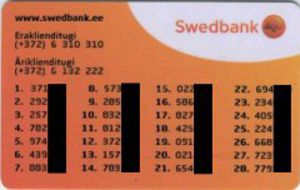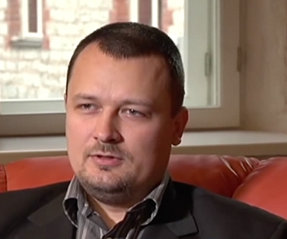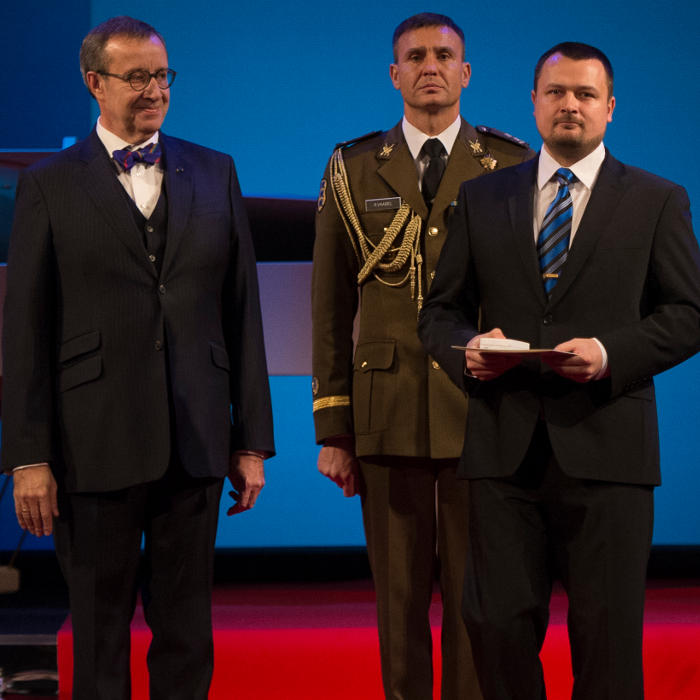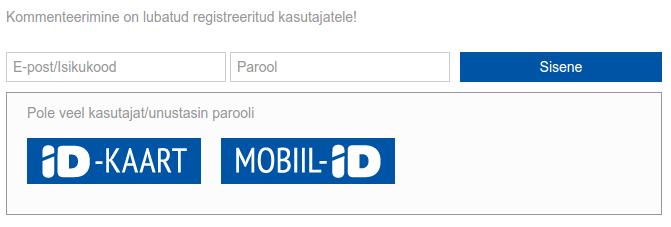
Nearly 60 percent of Swedbank’s private customers use password cards for online banking. This is in 2016, when already for several years there are much more comfortable and safer identification tools available, which do not involve the EUR 200 transaction limit.
By studying the reasons, it appears that people are not willing to change their habits. Password cards are familiar to them, they are used to them for a long time, they know exactly where the password card is located and know how to use it. They do not need to use it to learn something new.
One of the barrier also highlights the lack of trust in relation to the new authentication. People do not trust the things that they actually do not get to keep. They are not willing to go along with the changes quickly. Many assert that the EUR 200 payment limit does not hinder them.





